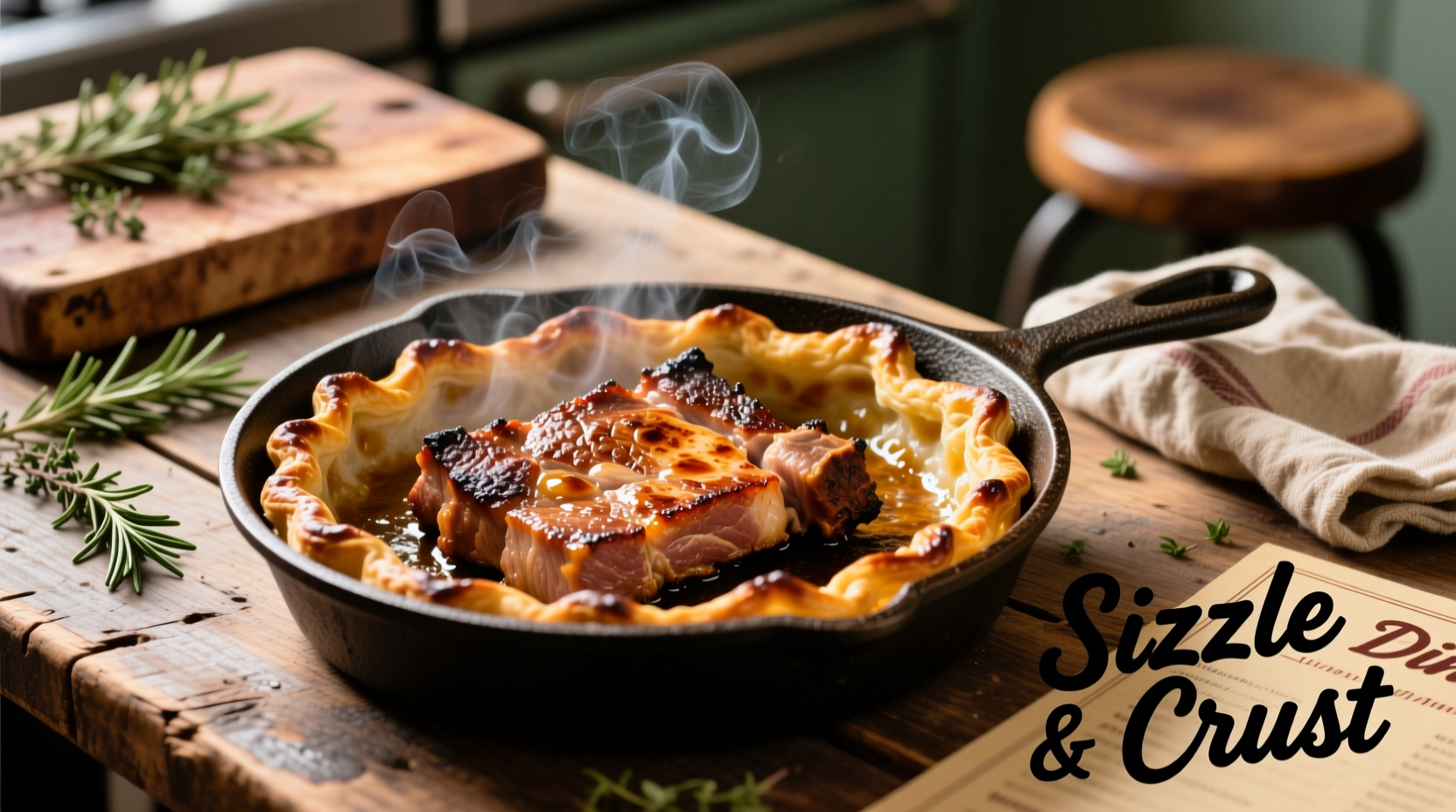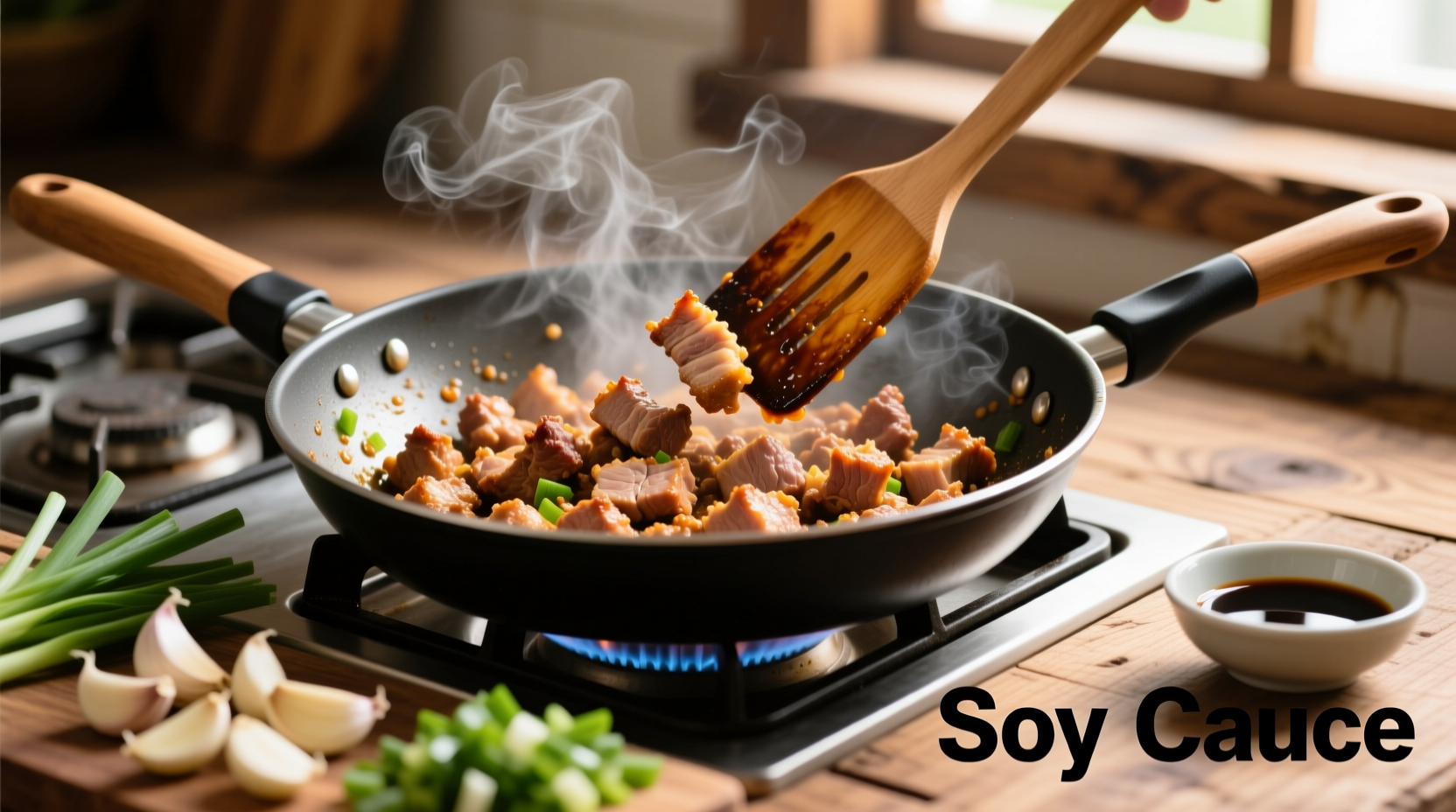Mastering ground pork preparation transforms weeknight meals from ordinary to exceptional. This versatile protein forms the foundation of countless global dishes from Chinese mapo tofu to Italian pasta sauces. Unlike beef, pork's delicate fat content requires specific handling to achieve perfect texture without drying out. Our guide delivers professional techniques you can implement immediately, whether you're crafting dumpling filling or weeknight stir-fries.
Understanding Ground Pork Basics
Ground pork typically contains 15-20% fat, creating juicier results than leaner meats but requiring careful temperature management. The USDA Food Safety and Inspection Service mandates cooking ground pork to 160°F (71°C) to eliminate potential pathogens like Salmonella and Trichinella. This temperature destroys harmful bacteria while preserving moisture - unlike visual cues which often lead to overcooking.

Essential Preparation Steps
Before heating your pan, follow these critical preparation steps:
- Temperature check: Remove pork from refrigerator 15 minutes before cooking. Cold meat seizes when hitting hot surfaces
- Pat dry: Moisture prevents proper browning - use paper towels to remove surface water
- Season smartly: Salt draws out moisture - add after initial browning phase
- Prep aromatics: Mince garlic, ginger, or onions while pan heats to maximize efficiency
Cooking Method Comparison
| Method | Best For | Time Required | Texture Result |
|---|---|---|---|
| Cast Iron Skillet | Stir-fries, dumpling filling | 5-7 minutes | Crisp exterior, juicy interior |
| Non-Stick Pan | Sauces, meatloaf | 6-8 minutes | Evenly cooked, softer texture |
| Oven Browning | Large batches, meal prep | 12-15 minutes | Uniformly cooked, minimal monitoring |
Step-by-Step Cooking Guide
- Heat properly: Preheat skillet over medium-high heat for 2 minutes until water droplets sizzle immediately
- Add oil: Use high-smoke point oil (avocado or peanut) - 1 teaspoon per pound of pork
- Portion control: Cook in batches if preparing more than 1 pound to prevent steaming
- Initial sear: Spread meat in single layer, wait 90 seconds before breaking up
- Temperature check: Insert thermometer into thickest cluster when meat appears mostly cooked
- Rest briefly: Remove from heat at 155°F (68°C) - residual heat will reach 160°F (71°C)
Flavor Enhancement Techniques
Professional chefs maximize ground pork's potential through strategic flavor layering:
- Acid balance: Add rice vinegar or lime juice after cooking to brighten rich flavors
- Umami boost: Incorporate 1 teaspoon fish sauce per pound during final minute of cooking
- Texture contrast: Mix in finely diced water chestnuts or jicama before cooking
- Spice blooming: Toast whole spices in oil before adding pork for deeper flavor penetration
Avoid These Common Mistakes
Even experienced cooks make these critical errors when preparing ground pork:
- Over-stirring: Constant agitation prevents proper caramelization - let meat develop fond
- Cold additions: Adding cold liquids causes temperature shock and steaming
- Skipping deglazing: Those browned bits contain maximum flavor - use broth or wine to release them
- Immediate seasoning: Salt too early draws out moisture, creating steam instead of sear
Storage and Reheating Guidelines
Properly stored cooked ground pork maintains quality for 3-4 days in airtight containers. For optimal safety and texture:
- Cooling: Spread in shallow container to cool within 2 hours of cooking
- Freezing: Portion into 1-cup servings with 1/4 inch headspace for expansion
- Reheating: Thaw overnight in refrigerator, then reheat to 165°F (74°C) in skillet with splash of liquid
The FDA Food Code specifies that reheated meat must reach 165°F within 2 hours to remain in the safe temperature zone. Never reheat ground pork in a microwave without covering, as this creates uneven heating that leaves cold spots where bacteria can survive.











 浙公网安备
33010002000092号
浙公网安备
33010002000092号 浙B2-20120091-4
浙B2-20120091-4